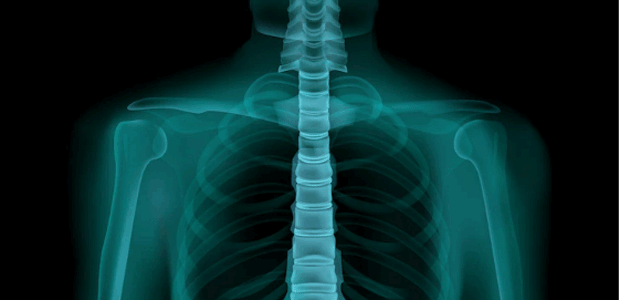
KeyZell Creates Cancer Imaging Tool Together with One Technology
The biotech startup KeyZell and One Technology have developed a prototype of Artificial Intelligence for the diagnosis of cancer through imaging.
This innovative deep learning tool manages to improve the accuracy of cancer diagnosis by imaging through simple radiography, which allows radiologists to detect with an accuracy of 92% if there is a tumor mass, offering the diagnosis to the radiologist in less than 60 seconds.
The technological solution, capable of detecting 14 pathologies by determining their percentage of relative importance, has been trained for lung cancer and breast cancer. KeyZell and One Technology are also working on other tests, such as positron emission tomography known as PET or DICOM standards.
Currently, both Dr. Nabil Hajji, co-founder of KeyZell, and Dr. Iván Romarico, researcher at One Technology, are jointly preparing the publication of a paper in a scientific journal.
Jose del Corral, CEO of KeyZell states: "This new tool gives family and rural doctors the first approach to diagnosis, as well as helping to reduce waiting lists, remote access, and early detection. All the solutions we are developing are aimed at improving the quality of life of patients, but above all, saving lives."
The startup, which already has KEYZELL OPS (Oncology Precision System), an artificial Intelligence tool that allows oncologists to select personalised treatment for each cancer patient, aims with this new prototype to lead precision medicine in the oncological field. KEYZELL PAHO has also been validated by two ethics committees in Spain and Mexico, demonstrating its 89% effectiveness.
"Once the tool has analysed the x-ray, it issues a report that, through different heat maps, allows detecting 14 pathologies, including tumor mass. Through this year, radiologists are reduced to waiting lists and times the different diagnostic tests, speeding up decision-making thanks to their early detection," explains José de Corral.
Today, KeyZell is in the middle of a funding round and is already working on the validation of the tool to put it into production and be able to launch a translational plan in order to implement AI effectively in laboratories and specialised clinics, as well as to bring radiological studies to rural areas through mobile systems, allowing to value a greater number of citizens and relieve the burden of health centers. Thus, with both solutions, we continue to research and develop solutions that revolutionise precision medicine in the oncology sector at an international level.

